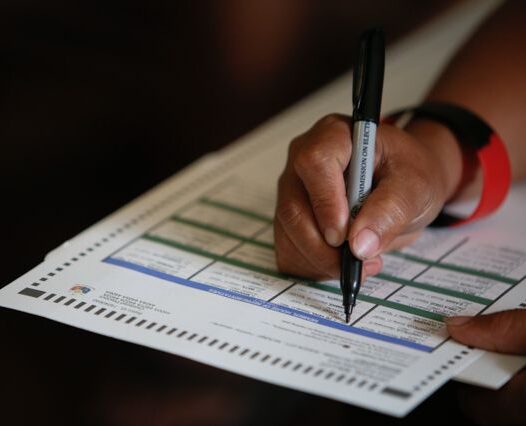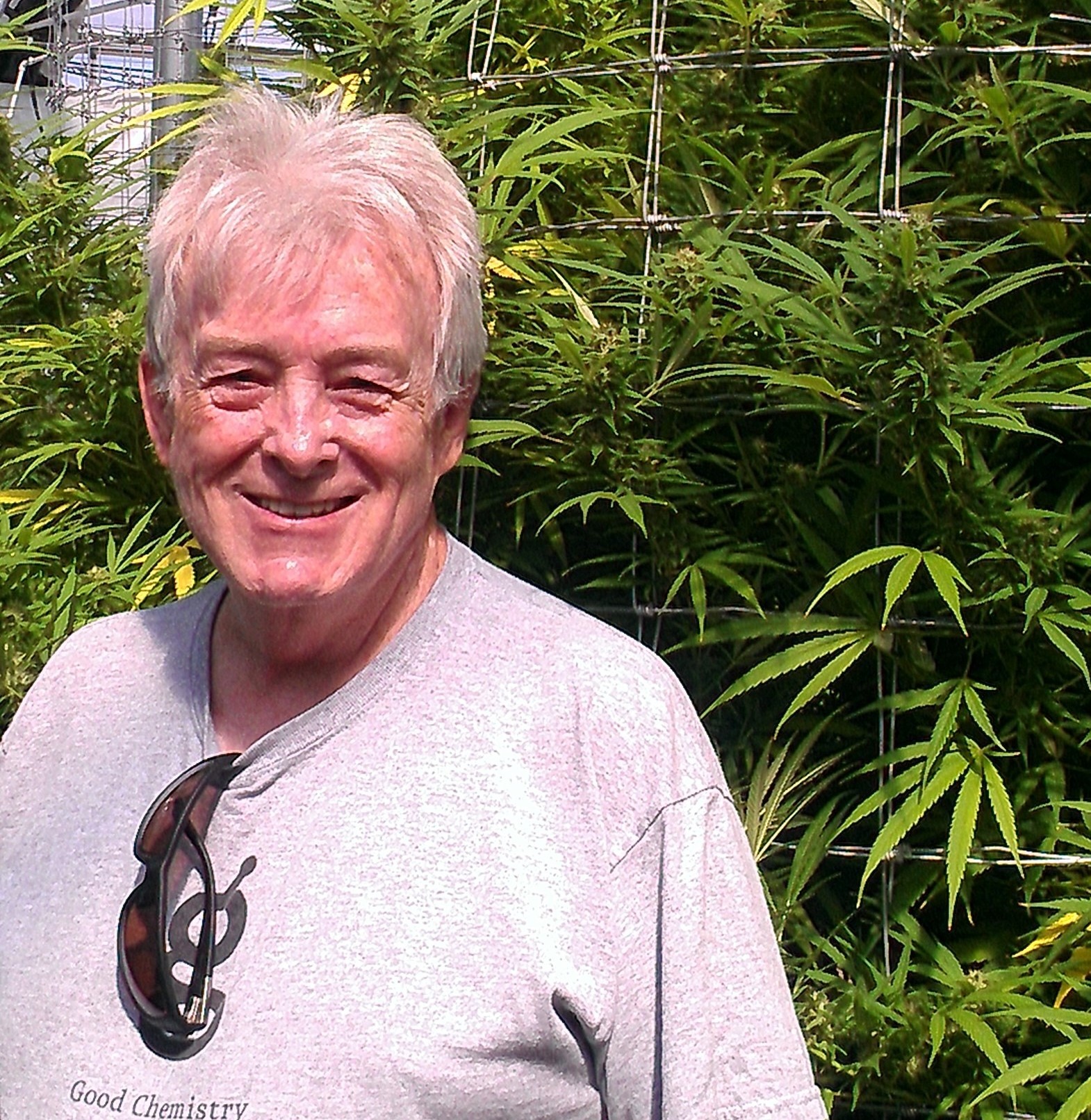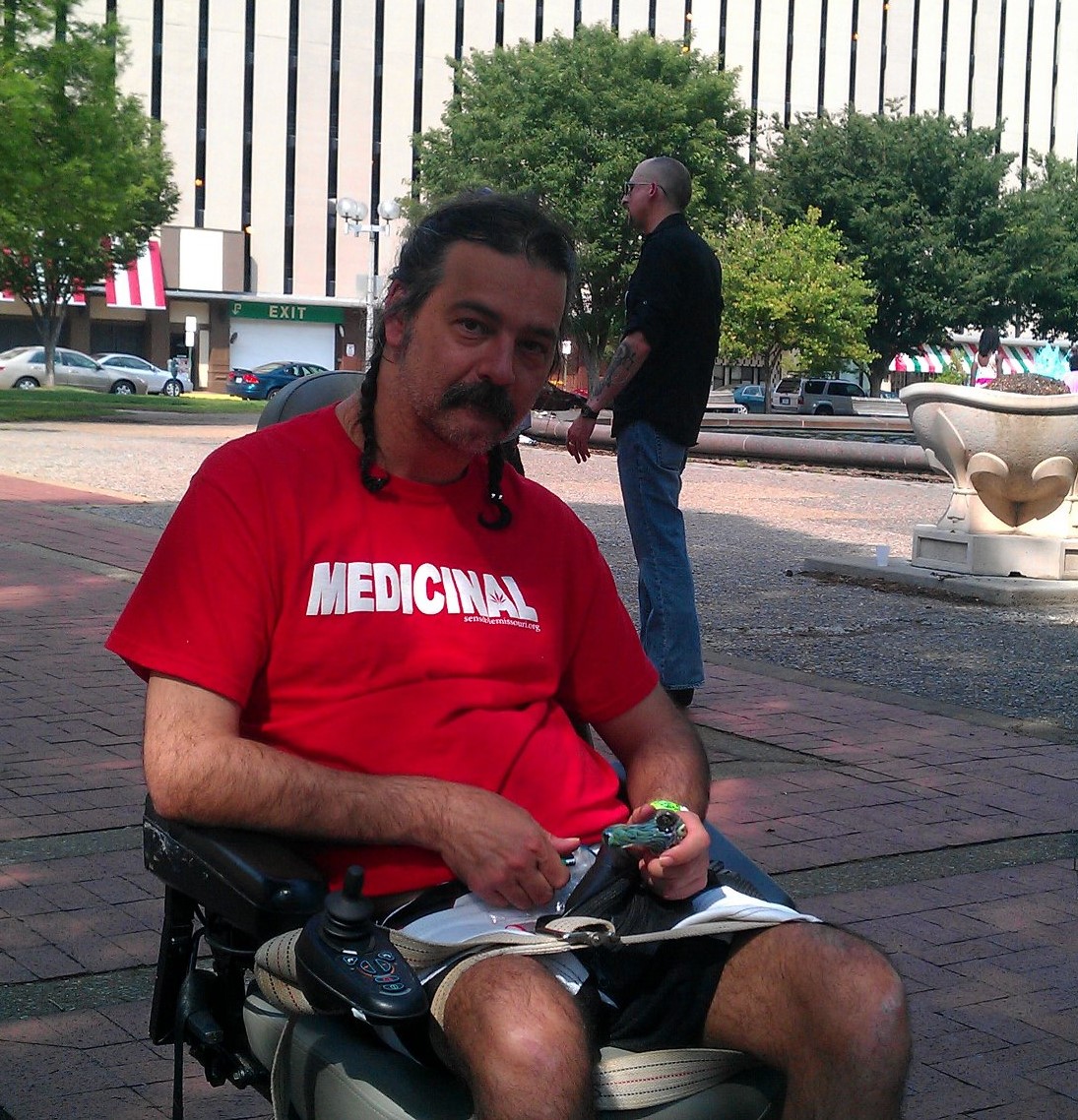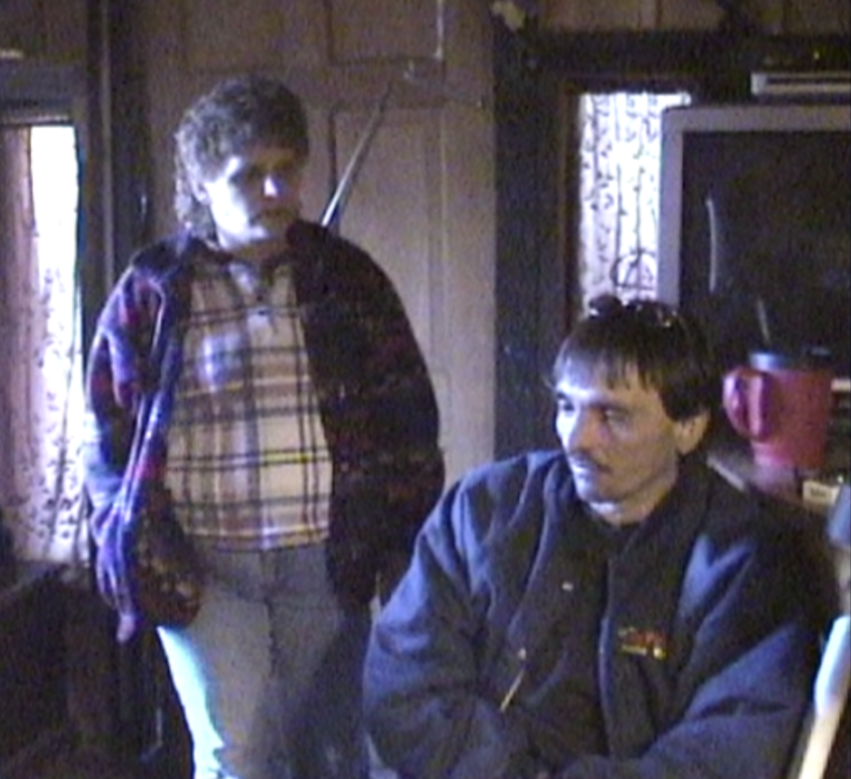Missouri’s SB793 and HB1659
Criminal and civil record expungement has become the hot-button topic of late on social media and apparently among lawmakers wishing to cash-in on pro-Cannabis votes and industry donations. Of course, expungement of arrests and convictions has been a focal point of Cannabis Restoration for over 8 years now, so it’s comforting to hear that our elect are FINALLY starting to listen, even though I question exactly who they are listening to.
Its such a terrible shame that our lawmakers don’t seem to be moved by compassion but rather only greed and divisiveness.
Lets take a look at what two of our lawmakers have been up to.
Senate Bill No. 793, introduced by Senator Barbara Washington
SB 793 is (mercifully) only one page, two points and thirteen lines. The simplicity of this bill is refreshing.
It states:
“To amend chapter 610, RSMo,, by adding thereto one new section relating to expungement of certain marijuana offenses.”
Basically, it seeks to “expunge” the convictions of a select group of arrests, namely those AFTER December 31, 1997, but only for possession of “thirty-five grams or less”.
What’s the good and bad? Well, I’ve already addressed what’s good. It’s simplistic. Largely straight forward.
What’s the down side? It’s limited. Conditional. If your conviction was more than twenty-five years ago – sorry – you don’t count. What’s more, if you were caught in possession of more than 35 grams (a little more than an ounce), you’re out of luck as well.
What’s more, this bill in no way protects patients from arrests, fines, jail time, court costs and attorney fees. Further, this bill does not provide expungement for other charges like manufacturing of concentrates or when operating a motor vehicle…. It only covers simple possession.
Let there be no misunderstanding here. If you are arrested for possession, law enforcement and the courts are going to make your life Hell, even if this bill were to pass.
House Bill No. 1659, introduced by Representative Ron Hicks
HB 1659 is considerably more involved. A little more than 7 pages. It’s pretty clear that much of the verbiage used by Hicks was common knowledge among lawmakers. They all seem to use similar language. “Notwithstanding any provision of law” is a common phrase that permeates both documents. Its not quite clear if the authors thought by using the phrase, the courts would have the option to nullify any of the provisions therein. It’s a common practice among lawmakers to insert a “backdoor” into their bills for a “political out”.
Backbones are in short supply in EVERY statehouse.
Like SB 793, this bill addresses a particular date, and only for convictions for possession. All other charges would still stand. With HB1659, the starting date for expungement is August 28, 2002. If your arrest was prior to this date, you would have been required to have purchased a “patient identification card” before your arrest. Apparently, even though you had been subjected to all the humiliation and expense of an arrest, your charges would somehow eventually be “automatically” expunged – if you had purchased a “patient identification card”.
If you were not a registered “card holder” prior, you MIGHT still be able to get your charges expunged by “petitioning the court where you were convicted. Of course, the court reserves the right to make that call.
It’s evident that Representative Hicks thinks that having a “patent identification card” is not enough to keep a valid patient from being arrested and/or fined.
Even though HB1659 states, “ The effect of expungement under subsections 1 and 2 of this section shall be to restore such person to the status he or she occupied prior to such arrest, plea, or conviction and as if such event had never taken place”, Representative Hicks is quick to add this caveat:
Your records, “… shall be confidential and only available to the parties or by order of the court for good cause shown.”
As I have found it stated several times, though your records may be “expunged”, they are still available to law enforcement and the courts and can be used to establish a “prior”.
Don’t you hate it when you’re lied to??
Under this law, you would NOT be eligible for expungement if the crime you committed involved:
- ANY class A felony offense,
- ANY dangerous felony as that term is defined in section 556.061,
- ANY offense that requires registration as a sex offender,
- ANY felony offense where death is an element of the offense,
- ANY felony offense of assault; misdemeanor or felony offense of domestic assault; or felony offense of kidnapping.
- Then, Representative Hicks goes on to list the numbers for no less than eighty-eight other sections of Missouri law. Of course, without relating exactly WHAT these other sections address. You are most welcomed to research that list. I will not. I’ve seen more than enough to know just how terrible this bill is.
If that were not enough, Hicks makes other excuses to void access to expungement:
- Any intoxication-related traffic or boating offense as defined in section 577.001, or any offense of operating an aircraft with an excessive blood alcohol content or while in an intoxicated condition,
- Any ordinance violation that is the substantial equivalent of any offense that is not eligible for expungement under this section,
- Any violation of any state law or county or municipal ordinance regulating the operation of motor vehicles when committed by an individual who has been issued a commercial driver’s license or anyone required to possess a commercial driver’s license issued by this state or any other state; and
- Any offense of section 571.030, except any offense under subdivision (1) of subsection 1 of section 571.030 where the person was convicted or found guilty prior to January 1, 2017, or any offense under subdivision (4) of subsection 1 of section 571.030.
Petitioning the Court
For those required to petition the court, Representative Hicks does not make it easy. Only after one year for misdemeanors, municipal offenses, or infractions, or three years after a felony can the petitioner seek an expungement. Of course, the expungement process can only begin AFTER all “obligations relating to any such disposition, including the payment of fines and restitution” have been paid, there are no outstanding charges pending, and the petitioner has demonstrated that he or she’s habits and conduct “demonstrate that the petitioner is not a threat to the public safety of the state; and that expungement is consistent with the public welfare and the interests of justice warrant the expungement.”
Petitioners are required to list:
- The petitioner’s full name,
- Sex,
- Race,
- Driver’s license number, if applicable,
- Current address,
- Each offense, violation, or infraction for the expungement request,
- The approximate date the petitioner was charged for each offense,
- The name of the county where charged,
- Name of the municipality,
- Case number and name of the court for each offense,
- A plea has been filed stating that the petitioner meets the requirements of and has created a “rebuttable presumption that the expungement is warranted.”
The prosecuting attorney, circuit attorney, or municipal prosecuting attorney will be given the opportunity to object. As well, witnesses and proposed victims will be given the right to testify.
Even after one is granted expungement, successful petitioners will be required to disclose that they have received an expungement and exactly what it is in regard to for ANY court when asked or upon being charged with any subsequent offense, violation or infraction.
“The expunged offense, violation, or infraction may be considered a prior offense in determining a sentence to be imposed for any subsequent offense that the person is found guilty of committing.”
Yeah, that line is ACTUALLY in HB1659…!
Further, those granted expungement will be required to disclose any expunged offense, violation or infraction when applying for a license, certificate, or permit issued by this state to practice the individual’s profession, or for any paid or unpaid employment with an entity licensed under chapter 13, any state-operated lottery, or any emergency services provider, including any law enforcement agency or any federally insured bank or savings institution or credit union or affiliate.
A prosecution and subsequent expungement “may be used as grounds for denying professional license, certificate, or permit”, and used for “automatic disqualification” of employment.
Yeah, THAT line is in there, too…!
So confusingly tedious and unnecessary… And for what? They call it “expungement”, but in all reality, you’re still a criminal.
It’s pretty clear that Representative Hicks believes that ALL Cannabis users are still criminals, no matter what science and popular opinion knows is true.
We should make careful note when prohibitionists like Hicks drafts Cannabis policy. He is certainly NOT our friend. He has demonstrated his hatred for all who use Cannabis. For that, he should forfeit the right to draft law that effects us. If you are one of his constituents, please give careful thought to his actions when at the polls. The only way we will EVER have better law in Missouri is if we are careful to elect ONLY those who sincerely wish to protect the health and safety of Missourians and reflect our desire for a better Missouri.
Cannabis is nontoxic. Cannabis is food. Cannabis is the single most important medicine of the 21st century.
